I’m having déjà vu. In early March 2020, I visited my elderly mother in Ontario, Canada. With Covid spreading around the world, I wasn’t sure if I should make the trip from California but I hadn’t seen my mother for a couple of years so off I went. And became stuck. For nearly four months. Luckily, as usual, I had taken my sourdough starter with me. I baked some great bread.
Now, I’m in Canada again to visit my even elderly-er mother and another crisis has emerged. To many Americans, the threat of the US annexing Canada may sound preposterous, like the plot line of a silly, satirical movie.
But last Friday, Prime Minister Justin Trudeau told a group of business leaders that Trump is serious about annexing Canada. The President himself said the same thing on Sunday during a Super Bowl interview. Could Trump’s threat of absorbing Canada merely serve as a distraction from Musk’s rapid scheduled disassembly of the US government? Canada can’t afford to wait and find out.
On the ground in Canada
I thought readers living in the US (a large segment of my subscribers) may want to hear from someone currently in Canada.
During my visit, Canadians have been talking incessantly about tariffs, the threat of annexation, the trips to the US they have cancelled and how close they came in their latest grocery haul to buying 100 percent Canadian products.
In my small circle, the week before last, my childhood friend here (more like a sister) and her husband cancelled their spring trip to Alaska. When the agent asked why they had cancelled, Amy told him she was worried his country might invade Canada but if the US doesn’t invade, she will rebook in four years. The agent sighed and said, “I understand.”
You know the situation is serious when Québec stands in solidarity with Canada. Québec has twice held referendums to separate from the country, first in 1980 and again in 1995. In the ‘95 referendum, Québecers voted to remain in Canada 50.58 to 49.42. The US President (and his enablers) have achieved what no Canadian politician has been able to—unite Canada to such an extent that even Québecers feel patriotic. Vive le Canada!
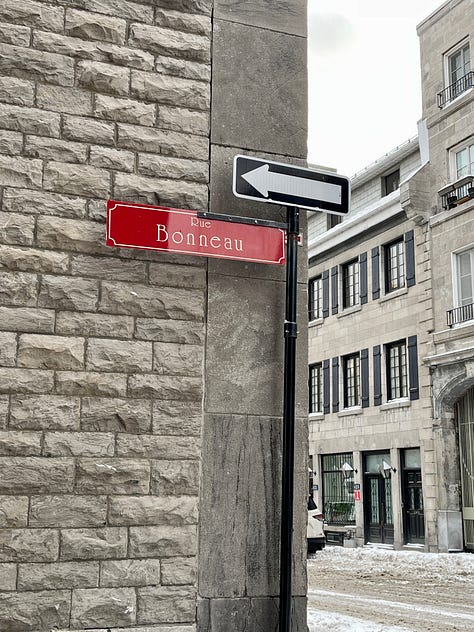
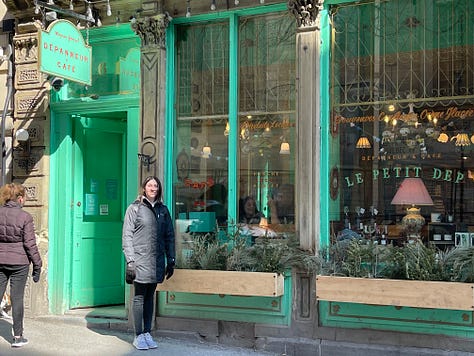
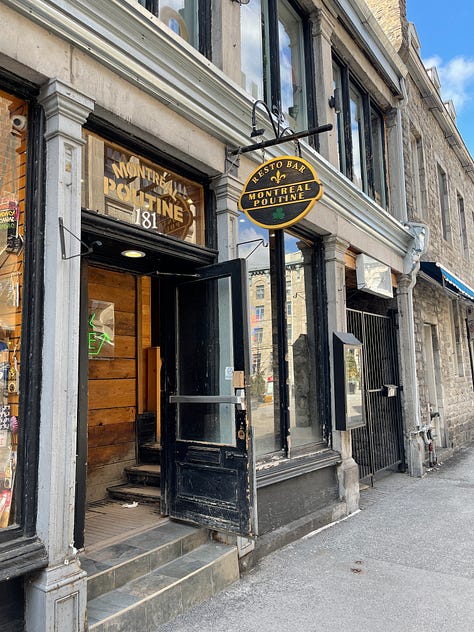
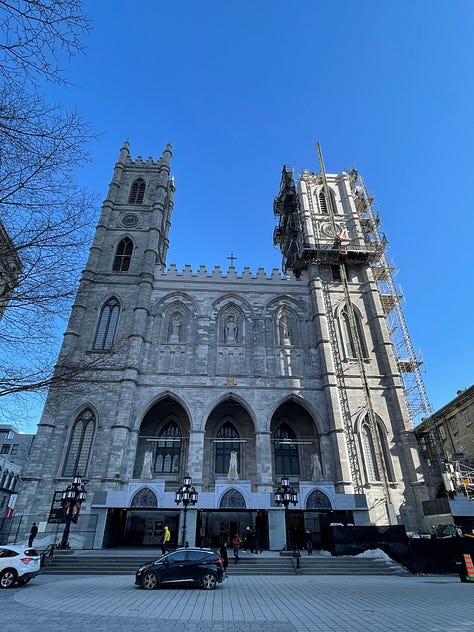

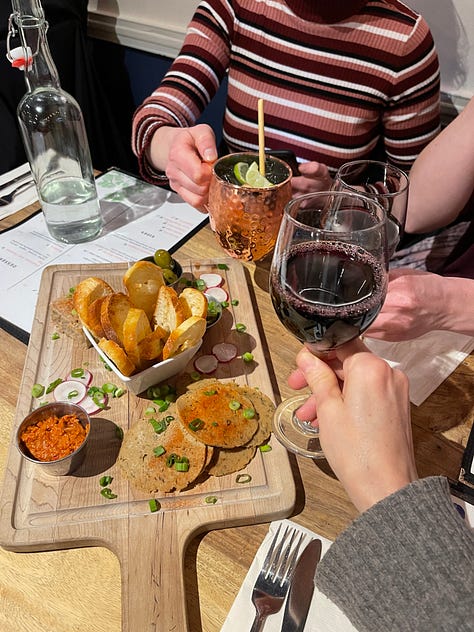
So now I am freaking out over crises in both countries, the one I live in and the one in which I was born—sort of like being bilingual in anxiety.
Whichever side of the border you live on
Tariffs, aka taxes on goods entering a country, are coming (apparently). Trump says he will slap a 25 percent tariff on steel and aluminum imports, with more tariffs to come. This will raise prices on both sides of the border because Canada will immediately retaliate with its own tariffs.
Some strategies for dealing with ensuing higher food costs (and resisting tyranny):
Buy local when you can. If you’re lucky enough to have a year-round farmers’ market, take advantage of it! More of your money goes to the farmer (in the US, 90 cents on the dollar versus about 15 cents at a supermarket). Or, if your farmer offers one, sign up for a CSA (community supported agriculture) box.
Eat whole foods. Most of us need to eat more whole foods and fewer ultra-processed foods (UPFs). Eating more vegetables we prepare ourselves also takes the guess work out of the food's origins. You’ll have difficulty figuring out the tangled supply chain of a can of Pringles. A potato, not really. (Go here to read more about UPFs.)
Eat seasonally when possible. Strawberries in winter have no flavor and travel long distances to get to you. Don’t waste your money.
Preserve food. Fermented food not only contains live cultures that benefit your gut, it extends the shelf-life of food. The sauerkraut pictured above will keep for at least a year in the refrigerator, or cold cellar if you’re lucky enough to have one. Dehydration preserves food, concentrates flavors and shrinks food down in size for compact storage (go here for a how-to). Canning preserves food for the long haul.
Avoid wasting food. Think back to the start of COVID when people avoided shopping and cooked with what they found in the pantry. Get creative. Cook like Grandma. Go here for a pile of strategies to avoid wasting food.
Learn a new skill. When I started my blog, I thought about calling it “Lost Knowledge.” We’ve nearly abandoned basic life skills: cooking, repairing, gardening, carpentry… If all US grocery stores closed overnight, say a trade war started by a oligarchy-loving grifter leaves the shelves bare, people would panic/starve. When in history have we not known how to feed ourselves? Time to plan that spring garden.
Currently reading
Google Calendar may have removed it, but February 1st kicked off Black History Month. I am about a third of the way through a masterpiece, the award-winning novel of historical fiction, The Book of Negroes, by Lawrence Hill. It follows Aminata Diallo from her childhood in Africa to her enslavement in the US and eventually to her freedom.

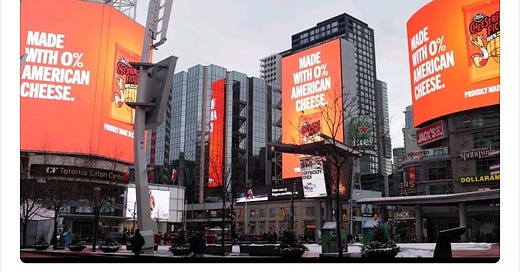




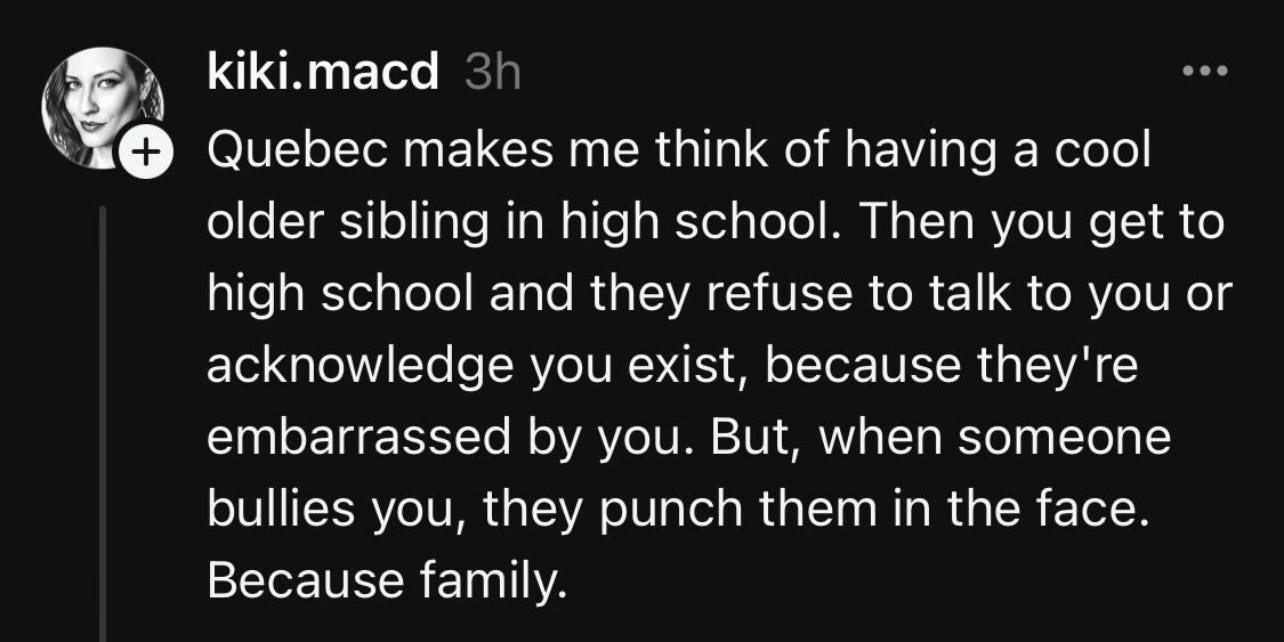
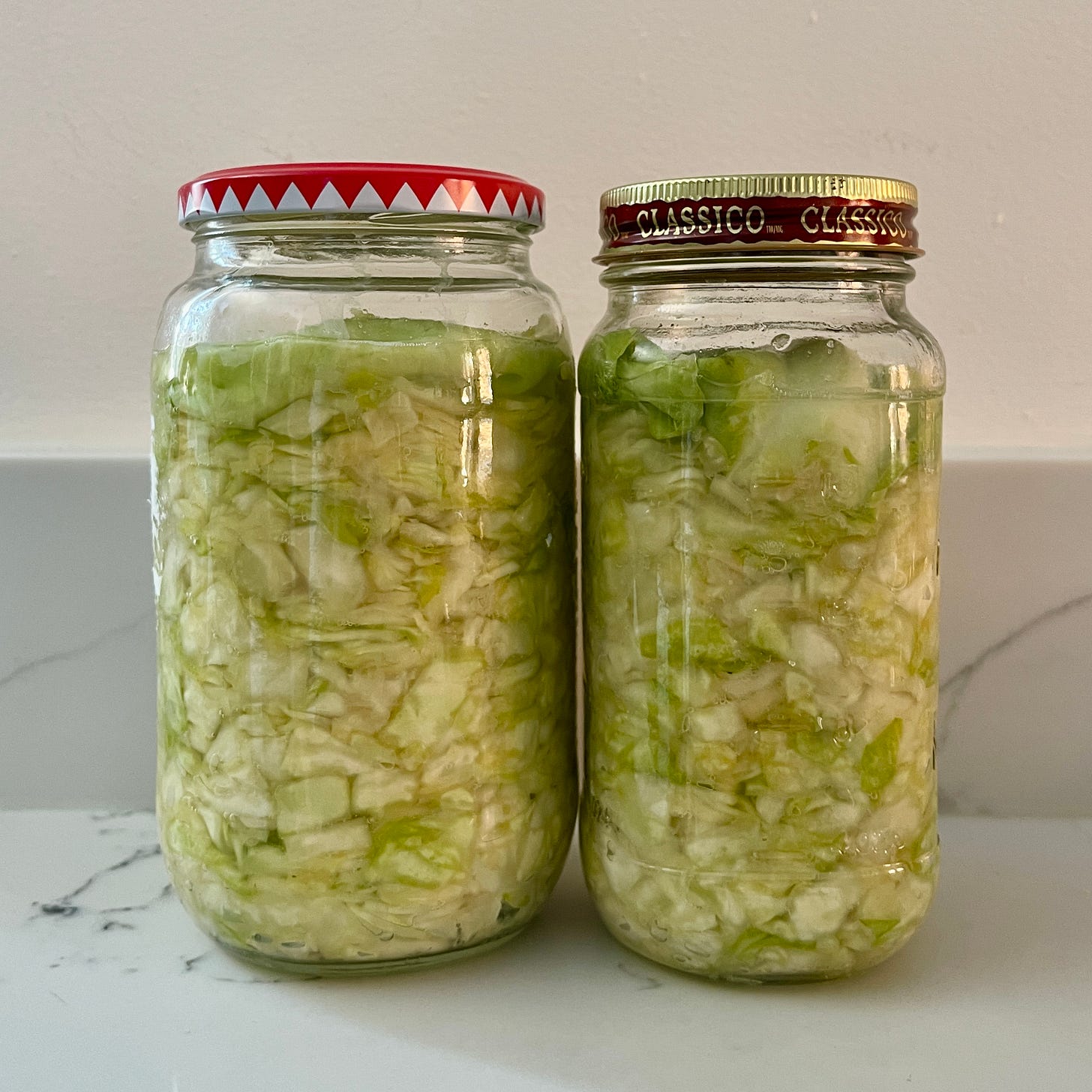
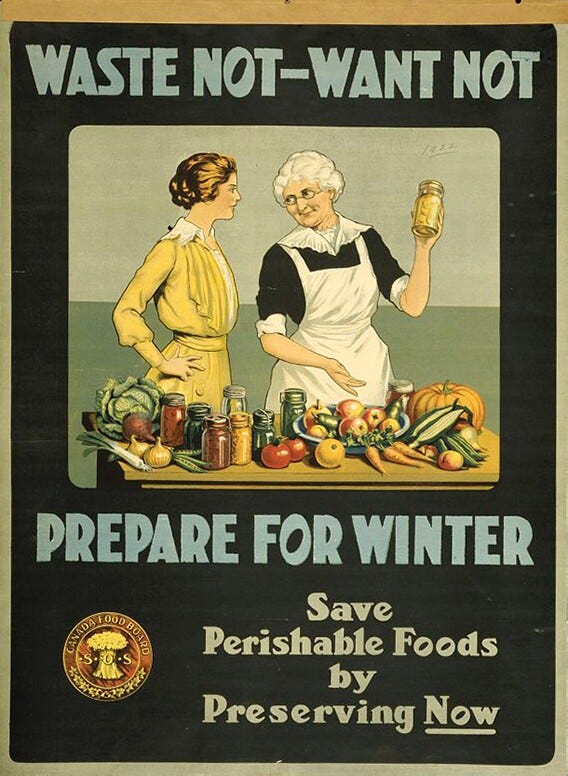
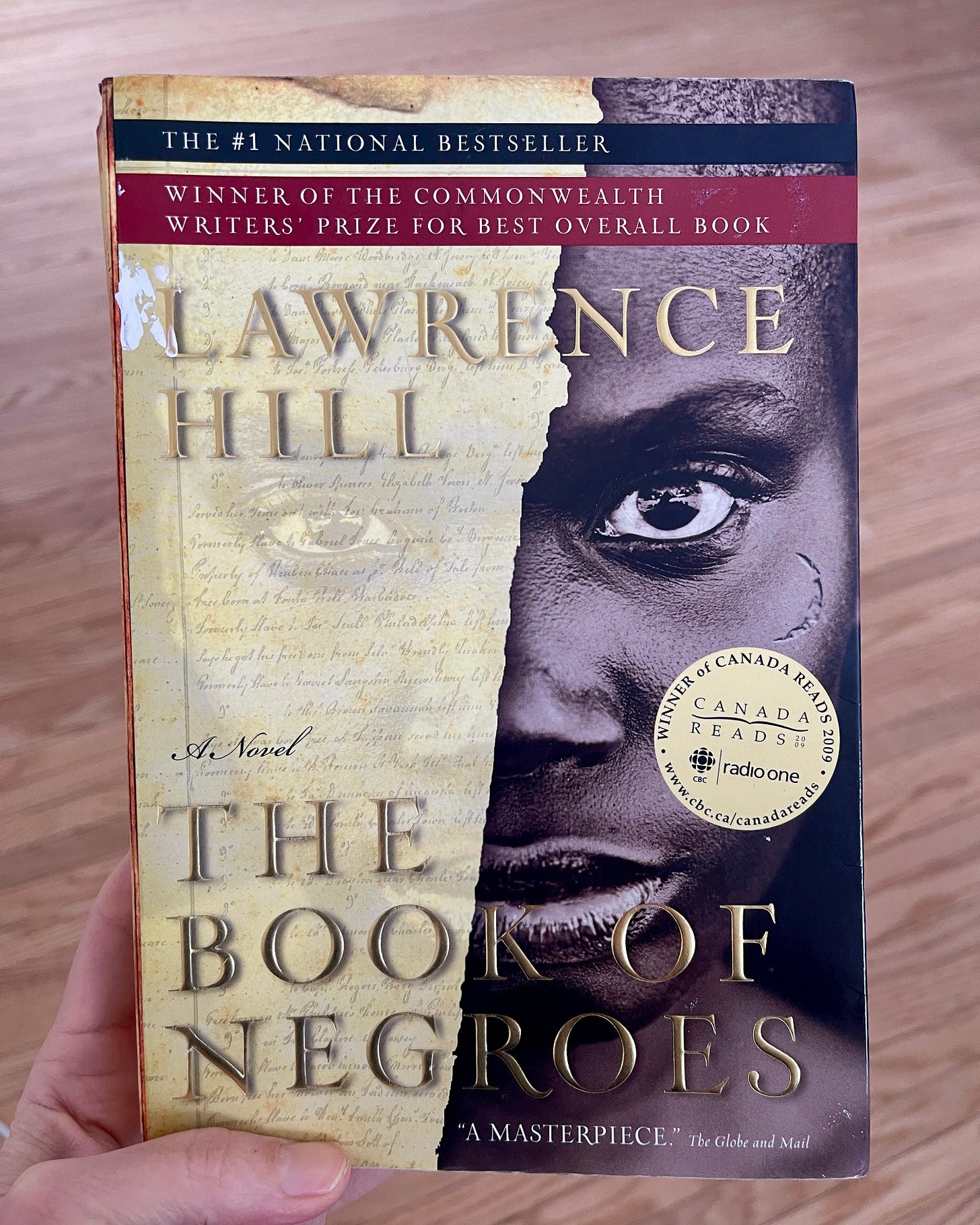
Thank you so much for posting this. To us in Canada, and from what I read in European news, it looks like there has been a coup in the USA. I realize Americans are numb with disbelief at the endless chaos, but this playbook of simply announcing you are going to economically cripple or just take it because you need/want it (as in Gaza, Greenland or Panama) has its roots in a fascist agenda not too far from dictators the world over. When will Americans say stop, we do not support invading or crippling other countries into submission. Where are the voices warning that this will not be tolerated by Americans, that the world is becoming less safe at every level under this regime? When will Americans realize Trump intends to fulfill every pledge including, I expect, attempting to run for a third term or cancelling elections altogether? I know it must be hard to say a coup has occurred under our noses, but the sooner it is acknowledged in the USA, the quicker it will —we hope— galvanize the people out of their numbed disbelief.
I am a US citizen, but wish I was a Canadian. I am so embarrassed and terrified by what is happening in the US. My daughter went to UBC during the first T. administration and is still living and working in Vancouver. She will be applying for permanent residency soon. I am hoping that she qualifies, because I do not want her to have to come back here right now, but we will see. I am planning to visit her in the spring. So all of that is to say, I too feel like I have a foot in both places.